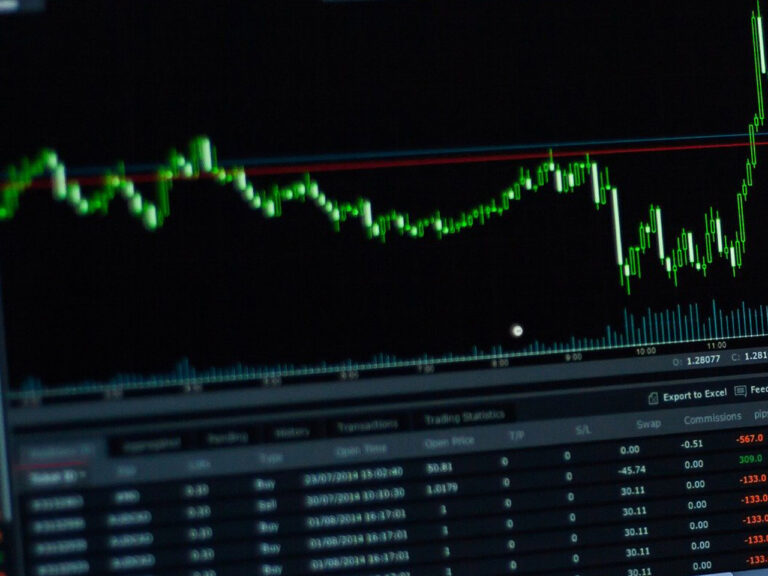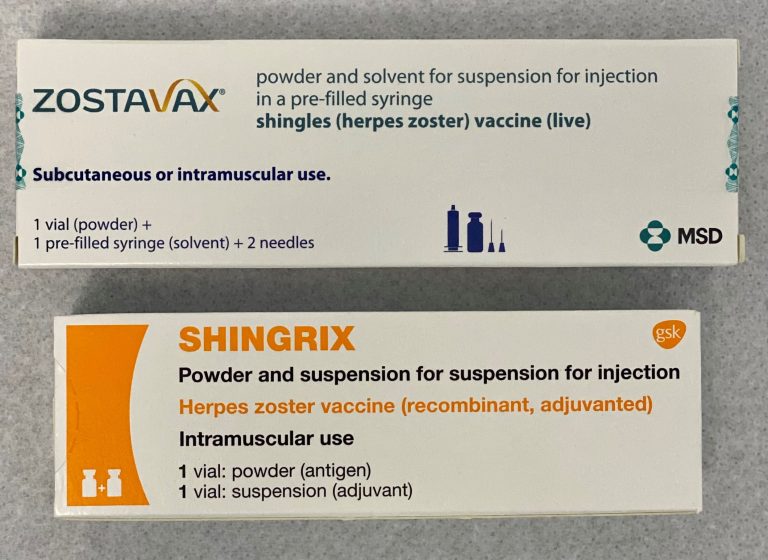Investors eyeing the healthcare sector may find GSK plc (NYSE: GSK) an intriguing proposition, especially given its strong dividend yield and its steadfast presence in the pharmaceutical industry. Yet, the current financial metrics and market sentiment suggest a cautious stance is warranted, as evident from the prevailing analyst ratings and stock performance indicators.
GSK, a stalwart in the drug manufacturing industry, stands with a robust market capitalization of $80.99 billion. The company’s operations are deeply rooted in the research, development, and production of vaccines and specialty medicines, with a diverse portfolio addressing a myriad of diseases globally. Its strategic partnership with CureVac to develop mRNA vaccines further underscores its commitment to innovation within the healthcare realm.
As of the latest trading session, GSK’s stock price hovers around $40.19, nestled comfortably within its 52-week range of $32.08 to $44.26. However, investors should note the potential downside risk, as the average target price set by analysts is $39.03, indicating a potential downside of approximately 2.89%. This cautious outlook is mirrored in the absence of Buy ratings, with analysts leaning towards 5 Hold and 2 Sell ratings.
Despite this conservatism, GSK shines in its dividend yield, currently at an attractive 4.10%. This is complemented by a payout ratio of 75.07%, suggesting that the company is committed to returning value to shareholders, albeit with a watchful eye on its earnings sustainability. The company’s earnings per share (EPS) stands at 2.23, bolstered by a commendable return on equity (ROE) of 28.33%, indicating efficient management and profitable operations.
From a valuation perspective, GSK’s forward P/E ratio of 8.68 positions it as a potentially undervalued entity in the market, especially when juxtaposed against its sector peers. Nevertheless, the absence of other valuation metrics such as PEG, Price/Book, and Price/Sales ratios may present some opacity in fully assessing its market valuation.
The company’s financial health is further substantiated by a free cash flow of over $5.47 billion, providing a cushion for continued investment in R&D and potential strategic acquisitions. However, revenue growth remains modest at 1.30%, signaling the challenges GSK faces in scaling its operations amidst competitive pressures and evolving market dynamics.
Technical indicators offer a mixed bag for investors. The stock’s 50-day moving average of $38.47 and a 200-day moving average of $37.00 suggest a bullish trend. The RSI (14) stands at 57.00, indicative of a relatively neutral momentum, while the MACD of 0.51 against a signal line of 0.24 suggests some bullish momentum.
Investing in GSK is a balancing act between appreciating its solid dividend yield and understanding the potential risks associated with its growth trajectory and market valuation. While its strong ROE and cash flow position provide reassurance, the conservative analyst outlook and flat revenue growth call for a prudent approach by investors who might be considering this healthcare giant as part of their portfolio.










































